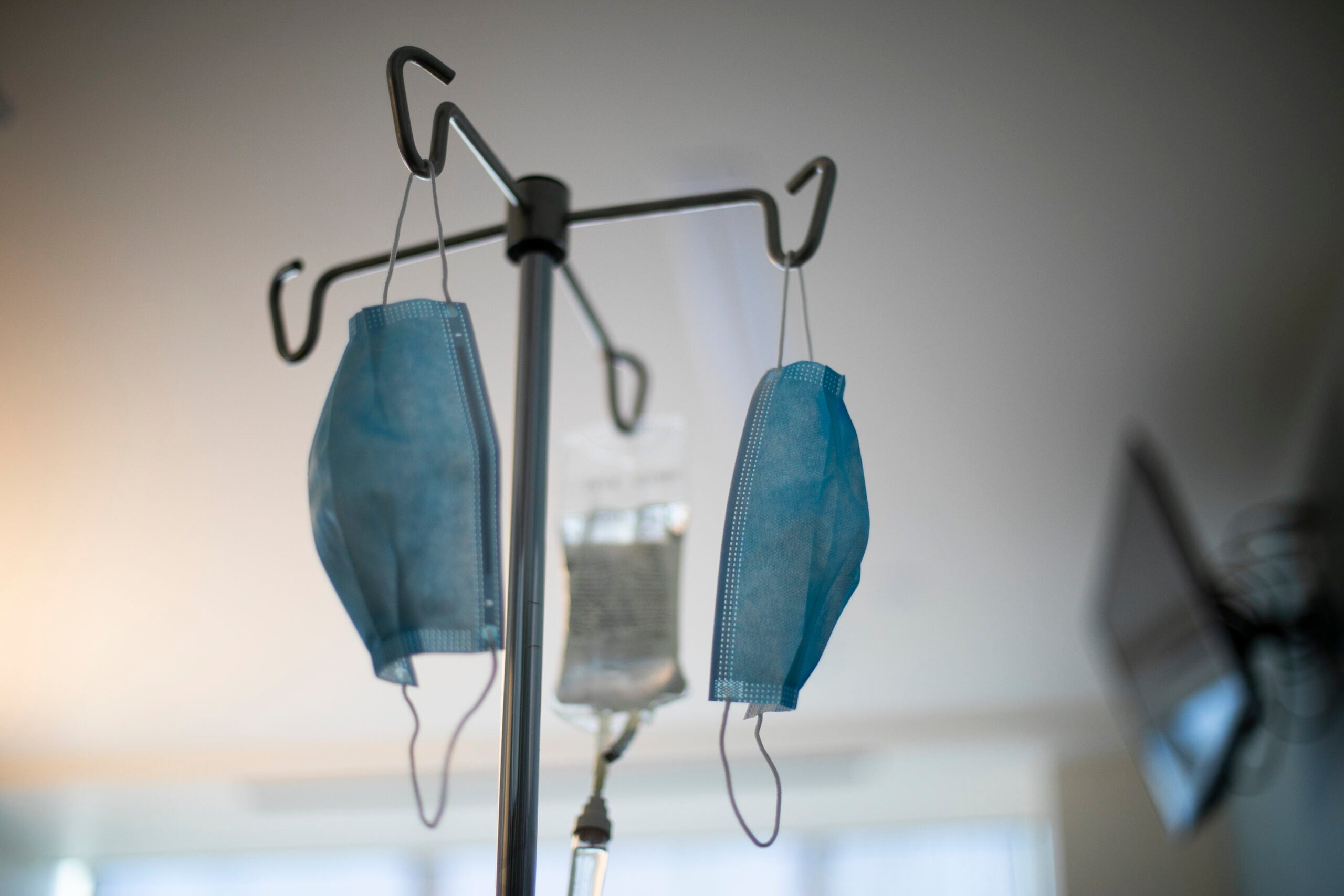A recent study from the Medical College of Wisconsin (MCW) investigates ways to manage pain that avoid drug use.
Patients in pain often do less when a study suggests maybe they should move more. MCW looked at ways to do that, pairing up primary care physicians with pain specialists. Thomas Chelimsky chairs the neurology department at MCW. He led a study in which mental and physical rehabilitation were emphasized and narcotics de-emphasized.
“Typically what we’ll tell a patient who comes into this kind of a program is that, ‘We are not going to change your pain levels much. What’s going to change is that the pain right now is in charge of your life. When you’re done with the program, it’s going to be the opposite way around. You’re going to control your life.’”
Stay informed on the latest news
Sign up for WPR’s email newsletter.
Even though told not to expect less pain, Chelimsky says patients in the study did experience less pain on a scale of 1 through 10, with ten being the most severe.
“Average pain levels going into the study were probably around six, seven. Coming out of the study: three, four “
Chelimsky notes previous studies have found pain changes the brain: The gray matter becomes thinner, for instance. He says thinking about pain differently and managing it can reverse these changes.
“It’s very impressive. It tells you you’re doing something really dramatic. And that doesn’t happen when you put somebody on narcotics or you puts somebody on any drug. It happens when they get rehabilitated.”
Chelimsky says most primary care physicians are untrained in chronic pain. The study indicates having them work with those who are may provide better treatment for patients.
Wisconsin Public Radio, © Copyright 2024, Board of Regents of the University of Wisconsin System and Wisconsin Educational Communications Board.






